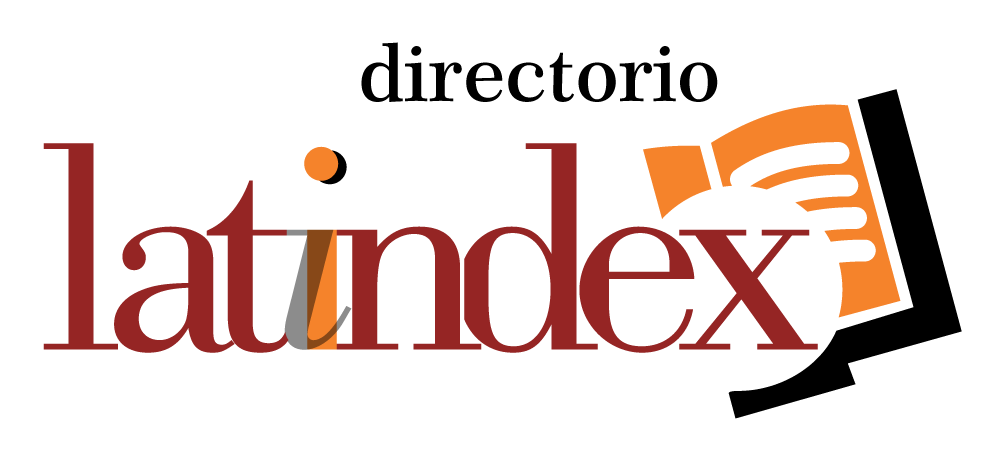The impact of artificial intelligence on educational transformation
DOI:
https://doi.org/10.56294/ai202370Keywords:
artificial intelligence, ChatGPT, teaching, educational technology, teacher trainingAbstract
Introduction: Education went through a profound transformation in the last decade, changing not only its structures and actors, but also pedagogical approaches. This evolution included the incorporation of digital technologies and artificial intelligence (AI), such as ChatGPT, which forced to rethink the role of teachers, the resources used and the objectives of teaching.
Development: During this process, tensions arose between those who quickly adopted these tools and those who resisted incorporating them. Authors such as Inés Dussel and Laura Marés pointed out the need to critically appropriate technology in order to form responsible digital citizens. AI, defined as a technology capable of performing tasks that require human intelligence, was presented as a resource with great potential, but also with challenges. ChatGPT stood out for its ability to generate automated text in response to queries, which particularly appealed to high school students. However, their responses could contain errors or outdated information. For this reason, teacher training was essential. Initiatives such as the INFoD sections and surveys by the Ministry of Education of the City of Buenos Aires revealed the growing interest and need for professional training in the ethical and pedagogical use of these tools.
Conclusion: The integration of AI in education required a redefinition of teaching competences. ChatGPT, far from being a threat, became an opportunity to innovate pedagogical practices, provided it was used in a critical and responsible way.
References
1. Chibás Ortiz F, Novomisky S. Introducción. Alfabetización y ciudadanía digital. Navegando en la informática con AMI [Internet]. UNESCO; 2022 [citado 2025 jun 27]. Disponible en: https://defensadelpublico.gob.ar/wp-content/uploads/2022/04/navegando-en-la-infodemia-web.pdf
2. Dorta-González P. Fortalezas y debilidades de ChatGPT en el aula [Internet]. 2023 [citado 2025 jun 27]. Disponible en: https://www.educaciontrespuntocero.com/tecnologia/chatgpt-en-el-aula/
3. INFoD. Desafíos de la inteligencia artificial para repensar la alfabetización mediática en la escuela [Internet]. 2023 [citado 2025 jun 27]. Disponible en: https://aulastic.infd.edu.ar/prg_texto.cgi?wAccion=ver_texto&id_texto=57420&id_unidad=22585&id_curso=2756
4. Morduchowicz A, Suasnábar JM. ChatGPT y educación: ¿oportunidad, amenaza o desafío? Enfoque Educación [Internet]. 2023 [citado 2025 jun 27]. Disponible en: https://blogs.iadb.org/educacion/es/chatgpt-educacion/
5. Organización de las Naciones Unidas para la Educación, la Ciencia y la Cultura. Enfoques estratégicos sobre las TIC en educación en América Latina y el Caribe [Internet]. Santiago de Chile: OREALC/UNESCO; 2014 [citado 2025 jun 27]. Disponible en: https://unesdoc.unesco.org/ark:/48223/pf0000223251
6. OpenAI. Presentamos ChatGPT. Limitaciones [Internet]. 2022 [citado 2025 jun 27]. Disponible en: https://openai.com/blog/chatgpt
7. Puiggrós A. Ciudadanía y alfabetización digital: un enfoque pedagógico. En: Navegando en la infodemia con AMI [Internet]. UNESCO; 2022 [citado 2025 jun 27]. Disponible en: https://defensadelpublico.gob.ar/wp-content/uploads/2022/04/navegando-en-la-infodemia-web.pdf
8. Scolari C. Repensar las interfaces educativas en tiempos de pandemia. En: Navegando en la infodemia con AMI [Internet]. UNESCO; 2022 [citado 2025 jun 27]. Disponible en: https://defensadelpublico.gob.ar/wp-content/uploads/2022/04/navegando-en-la-infodemia-web.pdf
9. Scolari C. Inteligencia artificial, entre el deseo y el miedo. Investigación e innovación en cultura [Internet]. 2023 [citado 2025 jun 27]. Disponible en: https://lab.cccb.org/es/inteligencia-artificial-entre-el-deseo-y-el-miedo/
10. UNESCO. Consenso de Beijing sobre la inteligencia artificial y la educación [Internet]. 2019 [citado 2025 jun 27]. Disponible en: https://unesdoc.unesco.org/ark:/48223/pf0000368303/PDF/368303qaa.pdf.multi
11. Universidad Siglo 21. Módulo 0. Plan de Intervención. Unidad Educativa Maryland. Lección 1, Datos generales de la institución [Internet]. 2019a [citado 2025 jun 27]. Disponible en: https://siglo21.instructure.com/courses/15084/pages/plan-de-intervencionmodulo-0#org3
12. Universidad Siglo 21. Módulo 0. Plan de Intervención. Unidad Educativa Maryland. Lección 5, Unidad Educativa Maryland [Internet]. 2019d [citado 2025 jun 27]. Disponible en: https://siglo21.instructure.com/courses/15084/pages/plan-de-intervencionmodulo-0#org3
13. Universidad Siglo 21. SF. Módulo 0. Plan de Intervención. Unidad Educativa Maryland. Lección 10, Proyectos institucionales por nivel [Internet]. Córdoba: Universidad Siglo 21; 2019 [citado 2025 jun 27]. Disponible en: https://siglo21.instructure.com/courses/15084/pages/plan-de-intervencionmodulo-0#org3.
Published
Issue
Section
License
Copyright (c) 2023 Paula Betiana Arancibia , Sandra del Valle Soria (Author)

This work is licensed under a Creative Commons Attribution 4.0 International License.
The article is distributed under the Creative Commons Attribution 4.0 License. Unless otherwise stated, associated published material is distributed under the same licence.






